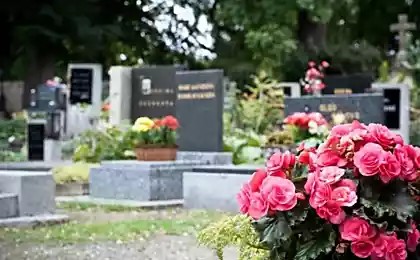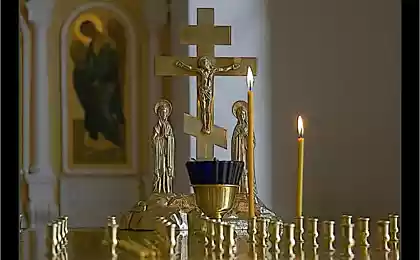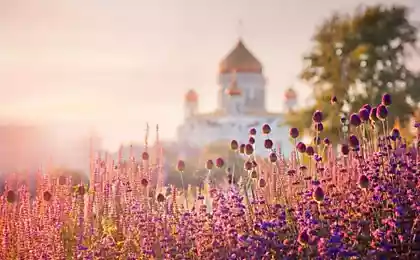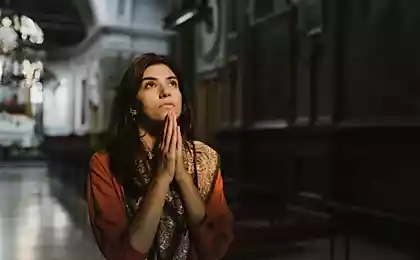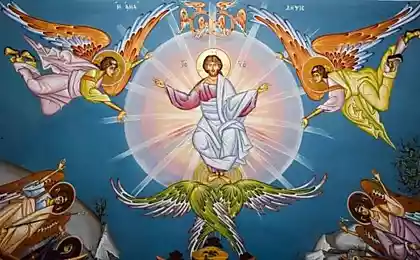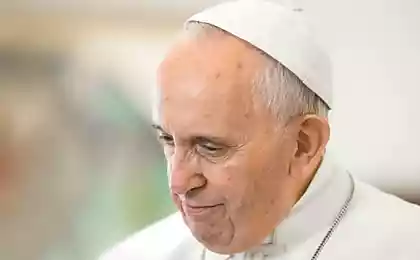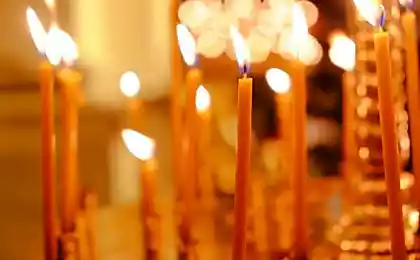270
Radonica: Can our prayers change the posthumous fate of the soul?
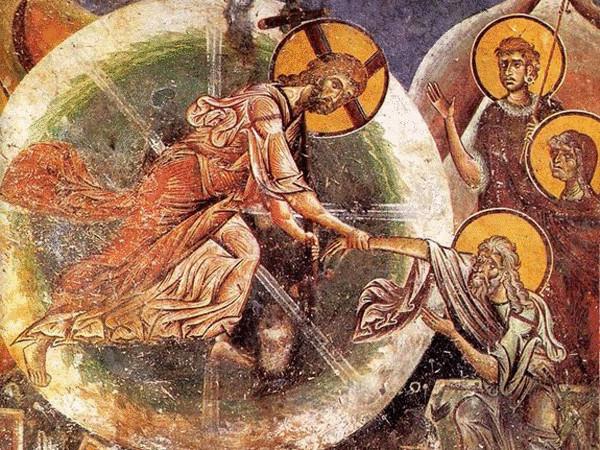
On April 21, 2015, Orthodox Christians celebrate Radonitsa, a day specially set for commemorating the dead. And not just a day is a holiday. For many, the very name “Radonitsa”, consonant with the word “joy”, will seem strange. Why are we happy about Radonitsa? Can prayer change the fate of the soul? What does the Church say about those who are no longer with us? We will talk about this on the eve of a life-affirming holiday. What is the point of praying for the dead when they can no longer hear us? Maxim R., 17 years old.
Maximus, prayer is an appeal to God, the Mother of God, angels, saints. Prayer is our conversation with them, and first of all with God, as the Creator of all things, including man. When we pray, our spiritual principle, namely, our soul and spirit (which we will certainly talk about), enter into incomprehensible, but nevertheless direct contact with God and the whole otherworldly mysterious world. Prayer for another person is based on the fact that the other person is also a spiritual being, also created in the image and likeness of God, also a son of the Heavenly Father, regardless of how much he currently understands and appreciates this connection with His Father. We pray not only for ourselves, but also for those who are dear to us, including those who are lost. That is, prayer is a spiritual relationship, but – and this is extremely important – a relationship built through our intercession, our petitions to God. You can directly address a naughty child: “What are you doing?” What makes you think you can burn everything? You want to become an alcoholic!, but you can pray to God and the Mother of God for the admonition of lad N and turning him away from the sin of drunkenness. The latter is more effective. Although it is carried out on the spiritual level, that is, the eye is invisible, and the ear is inaudible.
All this concerns not only the souls of those who are still here and in principle have everything that allows a person to pray - the brain, the will, the heart, the senses. Even more, our prayer is needed by souls already devoid of bodies. This is what the great Russian saint, whose bicentenary of birth we celebrate this year, Theophan the Recluse, writes about it: The departed are alive, and our communication with them is not suppressed. Just as we pray for the living without discerning whether one is walking the righteous path or another, so we pray for those who have gone away, without seeking whether they are counted among the righteous or sinners. It's a duty of brotherly love. Until the last judgment divides the faithful, all of them, living and dead, constitute one Church. And we should all treat each other as members of the same body, in a spirit of goodwill and amateur fellowship, both living and dead, without being flared in half by dying.
Maximus, the human soul is created immortal, it does not die with its body and after separation from it, that is, after physical death, appears before God at a private trial. Having passed this private judgment, until the general resurrection and the Last Judgment, the soul is waiting for its eternal destiny. Where exactly is he? We don't know. “There are many mansions in my Father’s house,” Jesus said to his disciples. But since the soul is immortal, if it “remains”, even if it is not known where, then it is not only in the area of access to our prayers, but also needs them.
The coming into our world of Jesus Christ, His redemptive sacrifice for our sins, His Death on the Cross, and then His Resurrection from the dead made our prayer for those who are already beyond the bounds of our earthly world, not just words of petition and hope, but a reality that binds our earthly world to the underworld. The experience of the Church testifies that the afterlife of the soul is not finally decided until the Last Judgment, and the prayer of the living, prayer filled with fervent and sincere love, is able to change this fate.
On the other hand, it is precisely because a spiritual connection between the living and the dead is possible that we also receive prayerful help from the saints. Our dead are also spiritually capable of giving us signals, of saving us.
Metropolitan Anthony of Sourozh cites a striking story that clearly proves the existence of a connection between us and our dead. One day an elderly man came to him with pain. He could not bear the torment with which he had lived for sixty years. During the Russian Civil War, this unfortunate man accidentally killed his beloved girl. They loved each other passionately, were going to get married, but during the shootout she suddenly leaned out and he accidentally shot her. And for sixty years he could not find rest, for he cut short the life which was dear to him infinitely. “What did not do the grieving man,” says Metropolitan Anthony, “prayed, asked forgiveness from the Lord, repented, received permissive prayer, communed.” But he never found peace. With ardent compassion, I said to the poor man, You have turned to Christ whom you have not killed, to the priests whom you have not harmed. “Why didn’t you ever think of reaching out to the girl you killed?” He was amazed. Isn't God giving forgiveness? He alone can forgive the sins of men on earth. Of course it is. But I told him that if the girl he killed forgives him, if she stands up for him, then even God can't pass her forgiveness. I suggested that he sit down after the evening prayers and tell the girl about sixty years of mental suffering, about the devastated heart, about the torment he experienced, ask her forgiveness, and then ask also to intercede for him and ask the Lord for rest in his heart if she had forgiven. He did, and peace came. . . ?
How to hold Radonica The ninth day after Easter, the feast of the Resurrection of Christ, the Church devotes a special commemoration of the dead. The passage from the Gospel, read on Radonitsa in the temples, reminds: God loved the world so much that he gave his only begotten Son so that everyone who believes in him would not perish, but have eternal life. God sent His Son into the world not to judge the world, but to save it.
At Radonitsa they definitely try to come to the cemetery. But since our prayer is more important to the soul of the deceased than any ritual around the grave, the day should begin with a visit to the Divine Liturgy. Coming to the beginning of the service in the temple, believers submit a note with the name of the deceased for his prayerful commemoration at the altar during the Liturgy. It is believed that there is no more effective prayer than that which is uttered in low voice by a priest during the sacrament of the Eucharist. Therefore, often for the deceased ordered so-called forty-osts – prayer memorials during the sacrament of the Eucharist, made for forty days.
After the Divine Liturgy, the universal or parental memorial service is served in the churches on Radonitsa. When we pray for God’s mercy, we pray for forgiveness and eternal life. Panikhidas are special funeral services performed both before the burial of the deceased and after – on the 3rd, 9th, 40th days after his death, on the days of his birth and the anniversary of his death. It is important not only to defend the memorial service, but also to prayerfully participate in it.
In addition to forty-outh, panikhids, home prayers for the dead, another means of their commemoration is almsgiving. It is not only the righteousness of the dead, but the righteousness of the dead. St. John Chrysostom taught: “A luxurious burial is not love for the dead, but vanity.” If you want to condone the dead, I will show you another way of burial... worthy of him and glorifying him: this is alms. The experience of the Church shows that both constant prayer for the deceased and almsgiving in his memory can change the posthumous fate of a person.
The saints testify that good deeds done in memory of our relatives also facilitate their posthumous fate. If, for example, a loved one died from alcoholism, help the patient, tormented by this pernicious passion, do everything so that he does not repeat the path of your loved one. He will not save you, but you will save you, and you will save your soul. published
Author: Maria Gorodova
Source: www.rg.ru/2015/04/17/gorodova.html





